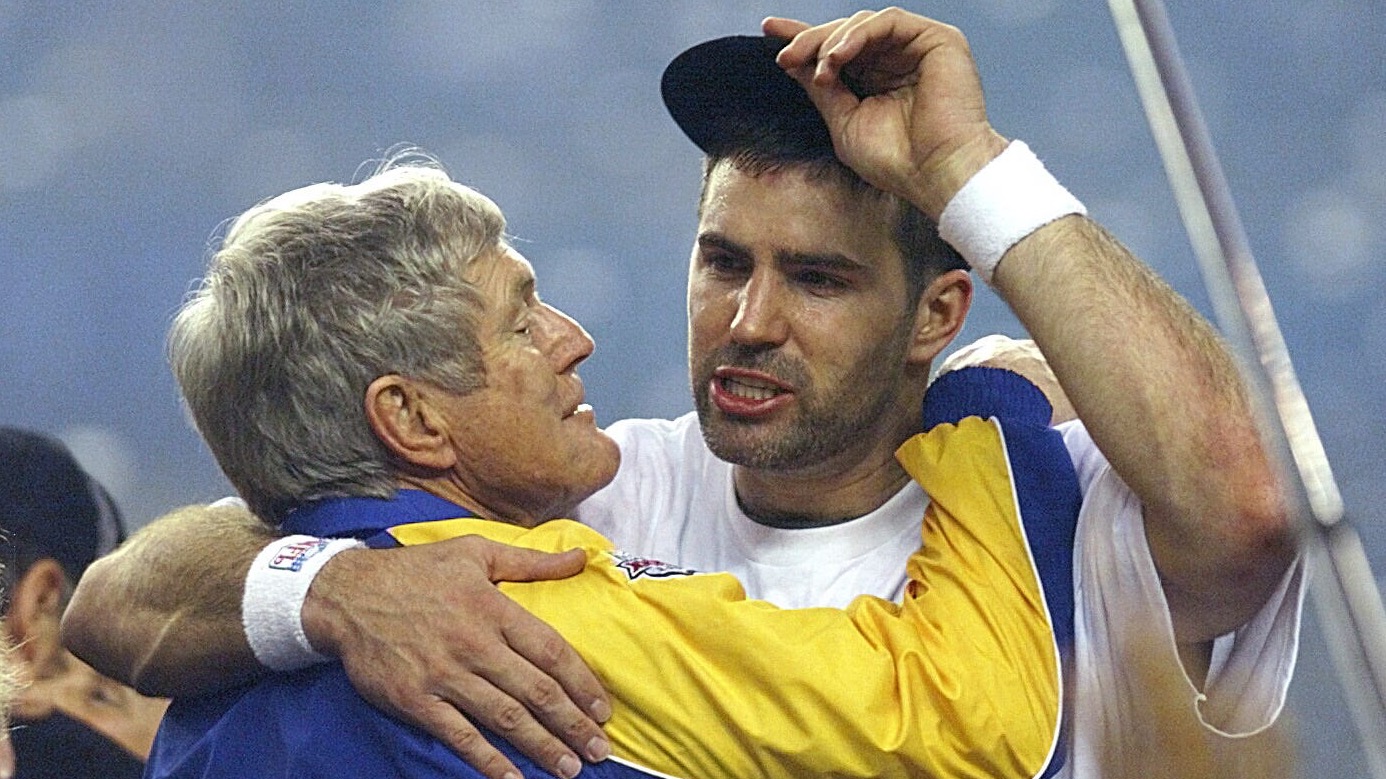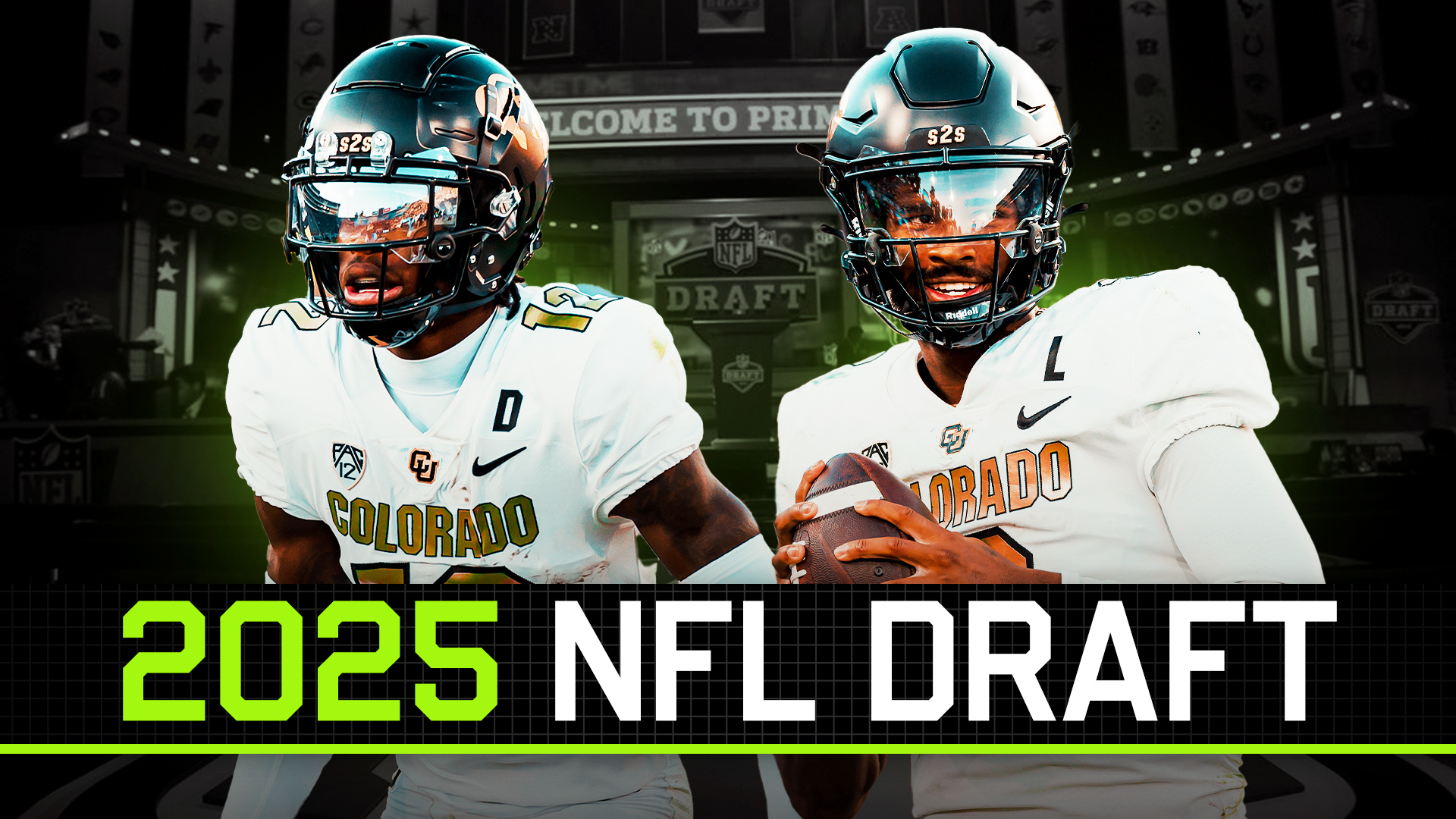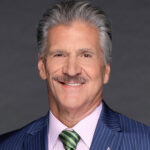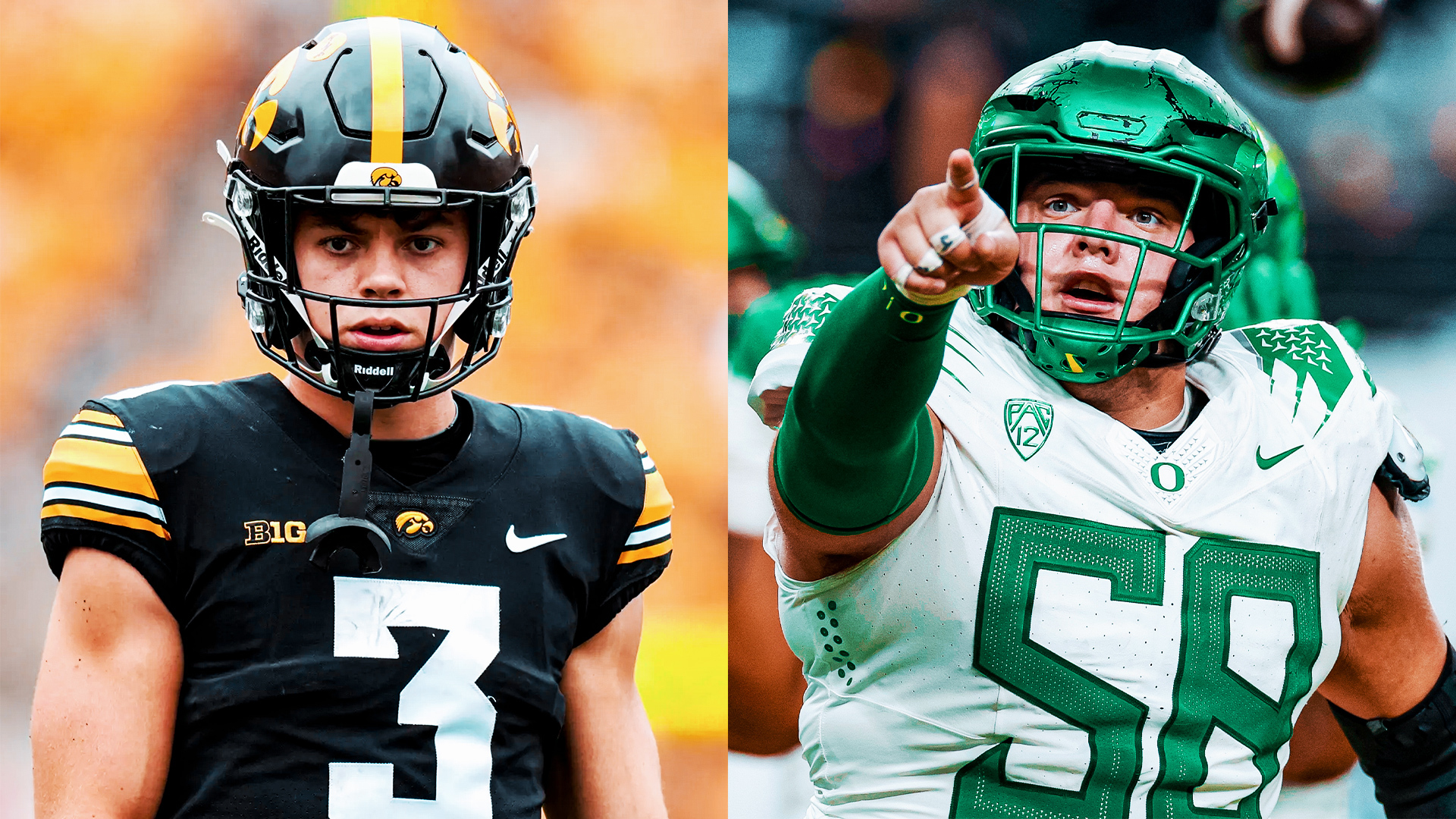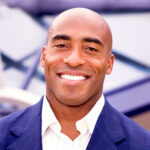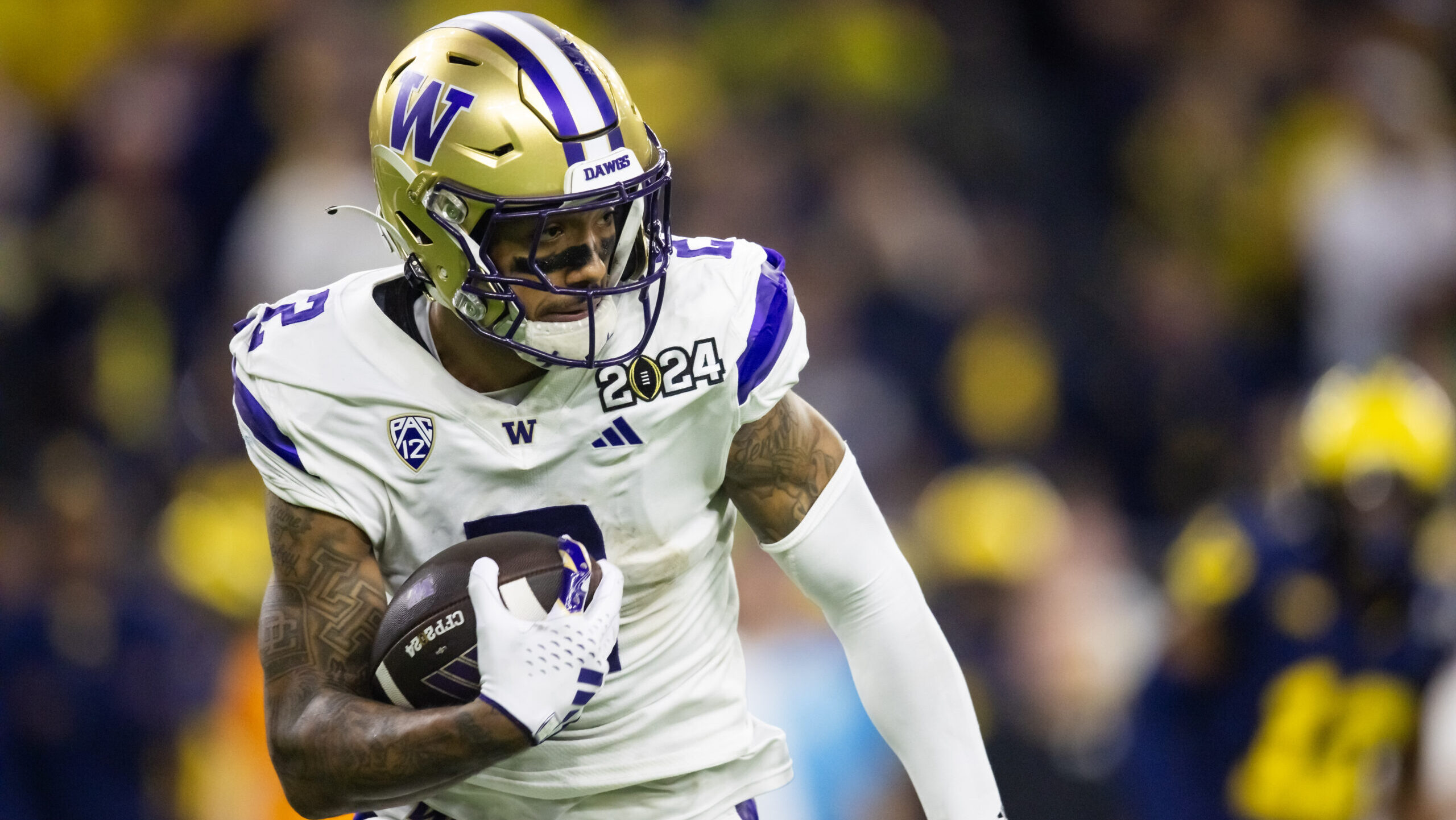Analysis
1/10/23
9 min read
How NFL Franchises Identify, Vet and Hire Coaching Candidates
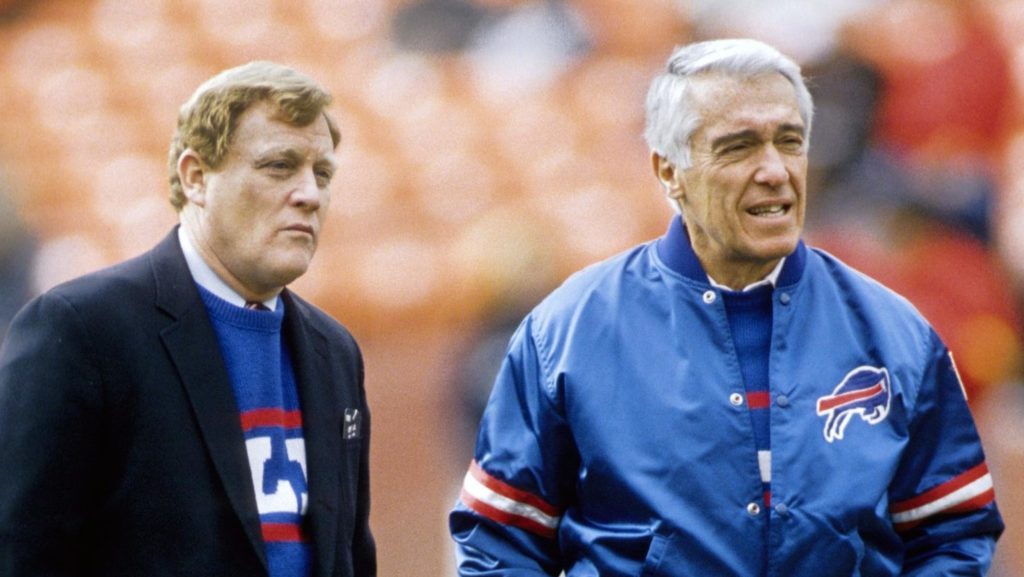
Unfortunately, it’s the time of year when NFL teams make coaching changes. Denver, Indianapolis, and Carolina fired their coaches midseason. Houston fired Lovie Smith on Sunday night, and Arizona fired Kliff Kingsbury on Monday afternoon.
Additionally, Tennessee and Arizona have general manager spots open. The average yearly number of teams in the coaching market is six, so we’re almost there.
This also means a large number of assistant coaches and support staff will be looking for jobs. As a result, families are uprooted and endure a trying time, no matter what the future holds. Those of us, like myself, who have made a living in this business understand losing a job is an occupational hazard. That doesn’t make it any easier on our loved ones. It's one of the drawbacks of being in the NFL that we all accept.
No matter how involved in the hiring process the team owner might be, it falls to the general manager or, in his absence, an outside consultant, to organize and administer the search and interview process. Last January, I helped the Bears in their search for a new general manager and coach.
The league office mandates, via the Rooney Rule, a minority candidate be interviewed for every open senior football position. If there’s a second round of “finalist” interviews, at least one of those candidates must be a minority. There are also interview-scheduling rules for candidates whose teams are in the playoffs, but they don’t have a major effect on the larger objective. The Rooney Rule is a good one. It serves a laudable purpose and, in my experience, works well.
When I became general manager of the Bills in 1986, George Young, the late great Hall of Fame New York Giants general manager, graciously gave me some valuable advice. Among the most important things he shared with me was to always have a “ready list” of coaching candidates in your desk drawer in case an unexpected need for a new coach arose.
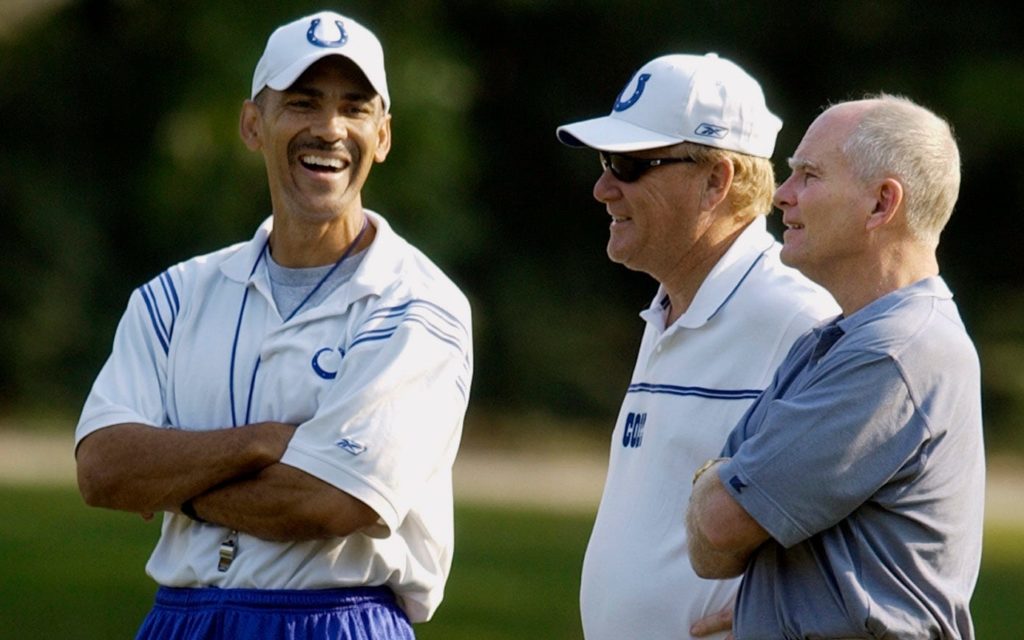
Lo and behold, such an event occurred in Indianapolis. The great Tony Dungy decided to retire the season after the tragic death of his son. Fortunately, we were prepared. We had named Jim Caldwell assistant head coach years before, with the proviso he would succeed Dungy whenever Dungy decided to step away. The list, however, remained in my drawer and was updated in a formal process every June.
A committee consisting of the assistant general manager, director of college scouting and pro personnel director joined me in evaluating potential coaching candidates and updating our list every year. The pro director amalgamated input from his pro scouts and contributed his own observations.
By the way, coach Marv Levy taught me when I first joined him in the CFL, a scout’s job included not only scouting players but potential coaching hires. We’ve never wavered from that process. Everyone else contributed information and analysis based on their film work and research. At no time did we ever use or consider media or agent-generated reports on so-called “hot” coaching candidates. In fact, many of the names mentioned in the media never made our list.
We broke the candidates into categories that generally reflected our order of preference if we were in the market. I will give an example in each category for reference purposes.
Former Winning Head Coaches
This category could include coaches who are unemployed or likely to be let go by their current club. The examples here are the reason I am a member of the Pro Football Hall of Fame: Levy and Dungy. Good fortune made them available when teams I was with (the Bills and Colts) were looking for new coaches. They were No. 1 on our list, and the job would be theirs if the team owner approved.
The preference for an experienced coach is because there’s such a steep learning curve for someone who has not previously held the position. An offensive or defensive coordinator has no experience doing 75 percent of the work a head coach must do and, therefore, must learn on the fly. He invariably will make mistakes.
An experienced head coach already has been through the learning curve and has only to adapt to his new organization and personnel. An example is Doug Pederson in Jacksonville. Some examples who will be in play this year are Sean Payton and Jason Garrett.
Coordinator, Position Coach You Know
This is obvious. You know the man. You know his style of coaching and breadth of knowledge. You know how he has performed under pressure. You know his personality and character. You have seen in him the traits that make a good head coach.
It is not a requirement that a candidate is an offensive or defensive coordinator. Levy and Dick Vermeil, members of the Pro Football Hall of Fame, were both special teams coaches in the NFL and former college coaches. Caldwell was our quarterbacks coach when he replaced Dungy and took us to a Super Bowl and two division championships in three years. He, too, was a former college head coach with extensive NFL experience.
Coordinator, Assistant You Don't Know
Choosing someone you have not worked with previously is always a gamble. If, however, through research and personal interaction, that person proves they have what it takes, then it’s a good gamble.
A prime example was Bruce Arians. He was our quarterbacks coach in Indianapolis under Jim Mora. I had not previously worked with him, but it didn’t take long for him to make our list. Subsequently, he proved his mettle as interim head coach in Indianapolis when Chuck Pagano was ill, as the head man in Arizona, and as a Super Bowl-winning coach in Tampa Bay.
College Coach with Significant NFL Experience
Significant NFL experience is the key. Of the 46 coaches in NFL history with 100 wins, only nine were previous college head coaches. All nine had significant NFL assistant coaching experience. Only Jimmy Johnson has won a Super Bowl after coming directly from college without previous NFL experience.
As mentioned previously, being a coordinator or play-caller was not a requirement in our minds. We were looking for men with significant NFL experience who possessed unique organizational, teaching, leadership and motivational ability, coupled with a sound system of football.
Coaches Are Like Generals
The term CEO is often applied in the media as an analogy to head coaches. That term misses the mark. The head coach in the NFL is analogous to a military general who commands a division. He is responsible for organization, training — both physical and mental — logistics, medical care of the personnel, good order and discipline, staff selection, empowerment and morale.
Before entering a contest, he must develop and implement a successful strategic plan. Once engaged with an opponent, he must make tactical and strategic developments based on evolving events and conditions. Win or lose and regardless of the health of his personnel, he must get them regrouped and ready to fight the next battle. Military veterans in the NFL I’ve spoken with agree with this analogy.
Our interview protocol was established by an outline that was used, without deviation, for each candidate. We wanted to give the candidate wide latitude to express himself since communication is the baseline requisite skill. We are not hiring a public spokesman only, though that is part of the job.
We are hiring a person who will organize, train, lead and make strategic decisions under game pressure while shepherding everyone in the football operation for a long, arduous season. Our outline was designed to elicit the candidate's specific knowledge and philosophy in each of the areas critical to NFL success. Jim Irsay, our owner in Indianapolis, said it best: “We’re looking for a football expert who’s a leader of men.”
Interview Components
We typically allocated five hours for each preliminary interview. A sample of key areas covered by our interview outline follows. We’ll expand in detail on these key areas in a later article:
- Vision.
- System of football
- Coaching staff
- Plan for the quarterback
- Strength and conditioning philosophy and implementation
- OTA philosophy and implementation
- Training camp/preseason games
- In-season practice philosophy/goals
- Media
- Medical/athletic training
- Player and staff discipline
- Referee and crew assessment
- Analytics
- Video
- Equipment
- Team travel
- Head coach personal approach
- Anything we missed
Vic Carucci and I wrote a book called “Super Bowl Blueprints.” It was an oral history told to us by players, coaches, general managers and club owners about their experiences on successful teams dating back to the early 1970s. One overriding fact was abundantly clear: For the players, the coach is the most important man in the entire operation. He is their North Star. He controls their playing time, their roster spot, their career and their compensation.
In short, he is “The Man.”
Regardless of how you describe the job, anyone who has been in an NFL building knows the coach is the driving force. He is the most important hire an NFL organization makes.
As told to Vic Carucci


